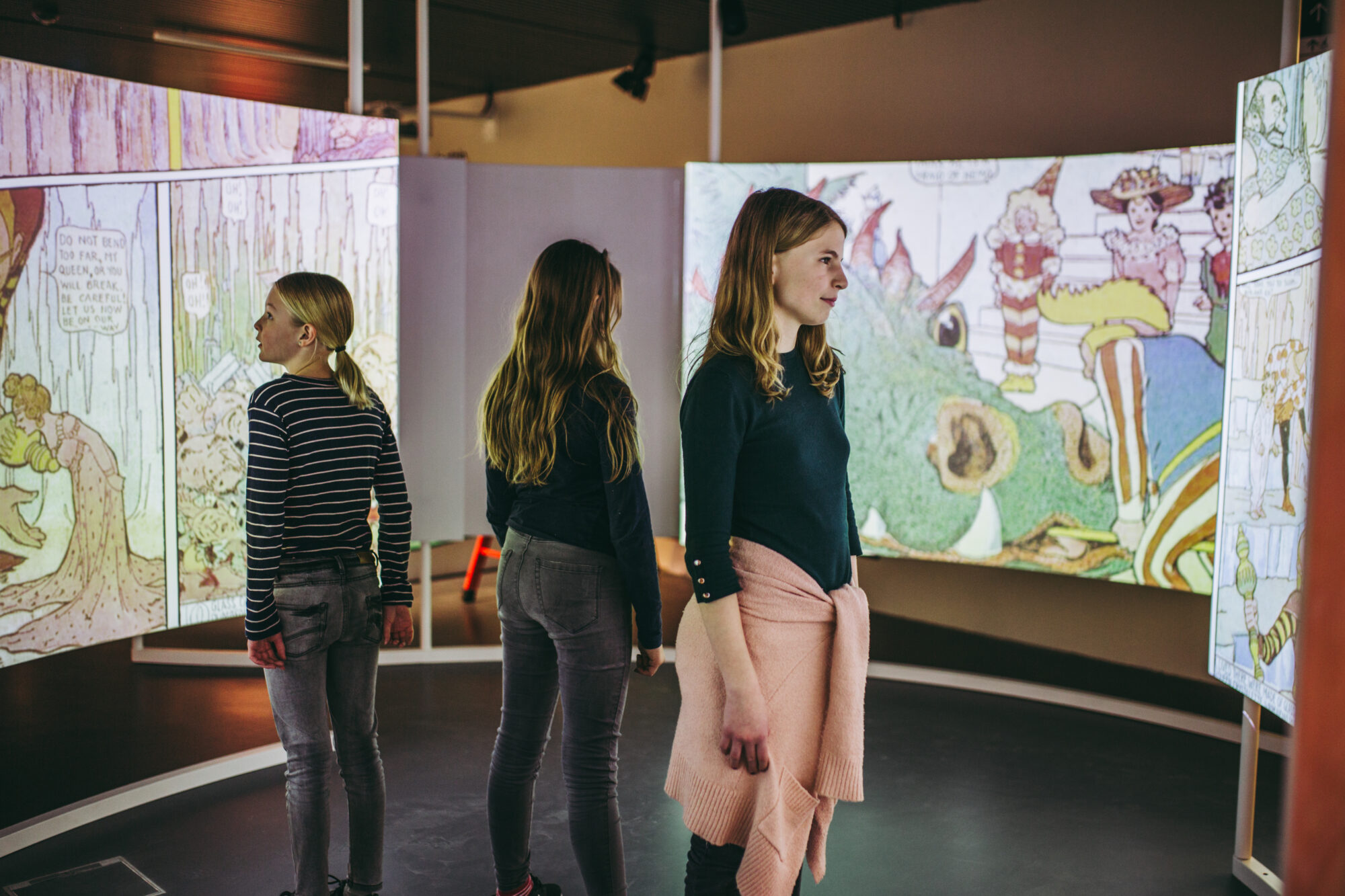Childcare
As an expat in the TopDutch region, its important to be sure you have the right support for your kids outside of school too. We’ve put together an overview of the types of childcare available in the Northern Netherlands so you can decide what’s best for you and your children.

Types of childcare
Many families in the TopDutch region decide to send their children to daycare (kinderdagverblijven) from the ages 0-4 or pre-school (voorschool or peuterspeelzaal) from the ages 2-4, before they are legally obliged to attend school. Getting a place in a childcare center is easier in the TopDutch region than in other areas in the Netherlands, however the majority of places are Dutch-speaking. The daycare group SKSG offers two English-speaking opportunities in Groningen: daycare from ages 0-4, and pre-school from 3-4. Apart from that, many international parents choose to send their child to a Dutch-speaking daycare. Of course, the decision is best made by you and your knowledge of your child.
Furthermore, for children in school-age, after school care (voorschool or peuterspeelzaal) and outside-school care (naschoolse opvang) work together with elementary schools to provide care and activities on school days and school holidays.
Apart from traditional daycare centers, there are a number of other childcare options available in the region, depending on your needs and wishes:
- Childminders (gastouders): Typically, these self-employed childminders take care of between 1 and 6 children in their own home, or your own home. Unlike normal babysitters, they must be licensed, and you can find reliably through agencies or gastouderbureau in Dutch, who ensure that the environment is safe and clean, and arrange practical matters such as payments or disputes.
- Babysitters (oppas): More flexible, short-term childcare who work either a few hours a day or just when needed. You can find that babysitters may be teenagers, or licensed childminders who are looking for a few more hours. If you’re looking for English-speaking babysitters in the TopDutch region, you can find a group here.
- Nannies: Often, nannies hold a diploma and are well-experienced. They may either live in the house, or in their own home but holding a contract with set hours. As hiring a nanny is essentially hiring an employee, the taxing regulations can be quite complex, so it might be advisable to go through a service provider such as Blue Umbrella
- Au Pairs: Somewhere in-between a babysitter and a nanny, Au Pairs are international youngsters who come to live in your house and help take care of your child up to 30 hours a week, in exchange for board and lodgings and a small wage of €300-340 a month. This is also a good way to get childcare in your native language. Au Pairs are hired through Au Pair agencies, and as they will have to apply for a special visa, they must be recognized by the Dutch government. You can find the list of recognized agencies here.
Financial support
Any of the above listed childcare options, with the exception of babysitters and Au Pairs entitle working parents to a further benefit; the childcare benefit (kinderopvangtoeslag). If you are entitled to the childcare benefit, you can receive it for a maximum of 230 hours per month per child. You can find the details on conditions for the childcare benefit and how to apply here.
These cookies are used to optimize performance and functionality of the website. These cookies are not essential when browsing the website. However it is possible certain elements on the website will not function properly without the cookies.
These cookies collect data that we use to understand how our website is used and perceived. These cookies also help us to optimize the website for the best user experience.
These cookies allow ad-networks to monitor your online behaviour so they can display relevant ads based on your interest and online behaviour. These cookies also prevent the same ads from being displayed over and over.

